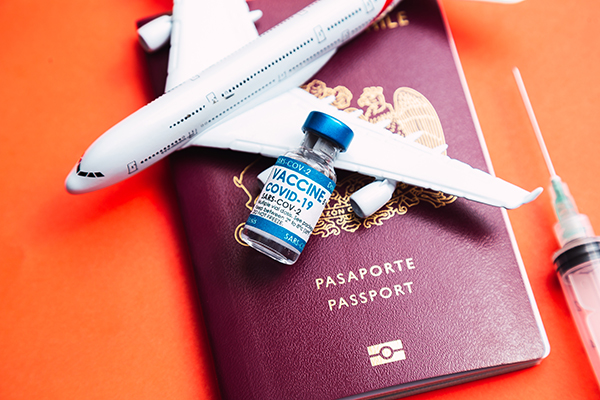
Butter contains saturated fat, while margarine contains unsaturated fat. If you are a margarine lover, it may be because you once were told or heard that margarine is the healthier, cholesterol-free option. While it might not add cholesterol to your body, margarine is pure poison in disguise. (RELATED: Read more news on how food ingredients affect your health at Ingredients.news)
What’s the real deal behind the age-old butter versus margarine debate?
To answer that question, we must go back in time. In 1903, researchers found that adding hydrogen to vegetable oils – such as canola oil, palm fruit oil and soybean oil – turned them into a more solid state, creating a highly processed, soft and spreadable product that closely resembled butter, but was much cheaper to produce. This was one of the reasons why margarine became such a popular product.
Rising heart disease was another reason butter had to make way for margarine. In the 1950s, some scientists made the connection between saturated fats (found only in animal products, coconut and palm oil) and high cholesterol levels and heart health. These studies, however, later proved to be wrong. Simple carbohydrates like white bread and refined sugar are to blame. As reported by Natural Blaze, a slightly higher level of cholesterol is no longer thought to be as bad. In women, it has even been linked to a longer life.
Furthermore, heart disease was rare in America at the turn of the century. When the butter consumption plummeted from 18 pounds per person per year to four between 1920 and 1960, heart disease became America’s number one killer. Also, in countries where cows are grass-fed, butter consumption is associated with a dramatic reduction in heart disease risk, reported Medical News Today. So, how exactly could butter be blamed as a cause of heart disease?
Nonetheless, the seed was planted, and butter received its heart-unfriendly reputation. With the aid of clever marketing campaigns by the vegetable oil industry, butter and other natural products containing saturated fats – such as coconut oil – slowly had to make way for the chemically altered vegetable oils and margarine which were the so-called “healthier” and “heart-friendly” fats.
Trans fats are your worst nightmare
Even today, if you walk through the dairy aisle, it is the margarine that steals the show. Flashy packages state their many health benefits, while butter just mentions it is butter; no fancy customer-luring claims there.
It is true that saturated fats add calories and cholesterol to your body, but in truth, your body needs moderate amounts of saturated and unsaturated fats to function properly and maintain brain function.
Despite the fact that margarine contains healthy omega-3s and no cholesterol, the nutrition label hides a far more dangerous truth: trans fats. While the effects of trans fats on the body were not fully understood and recognized by the early margarine manufacturers, recent studies have shown that these man-made fats are the ones to fear – not saturated fats.
Trans fats are of no use to your body, and have been shown to raise bad cholesterol while reducing good cholesterol levels. Furthermore, a 2008 study found a 23 percent increase in coronary artery disease with just a 2 percent increase in energy taken from trans fats. Furthermore, they found evidence of the effects of trans fats in relation to atherosclerosis, cardiovascular disease, inflammation, diabetes and infant development.
The decision about whether to choose organic grass-fed butter or highly processed margarine packed with trans fats seems obvious. Next time you go grocery shopping, ignore the empty health claims and go for the real thing instead.
Sources:
Please contact us for more information.























